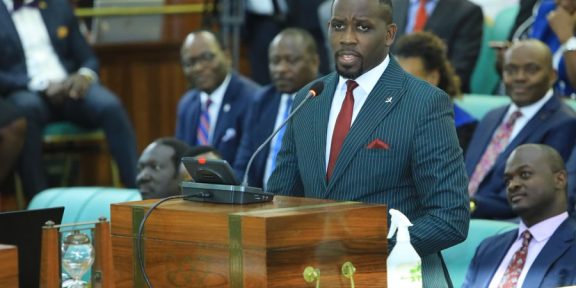As the world rapidly shifts toward cleaner energy and sustainable transport, Uganda is beginning to stake its claim in the electric vehicle (EV) revolution. What once seemed like a distant dream is now becoming a practical reality, thanks to increasing government interest, local innovation, and shifting consumer mindsets.
🚘 The Rise of Electric Mobility in Uganda
The conversation around EVs in Uganda began gaining serious momentum with the establishment of Kiira Motors Corporation (KMC) — Uganda’s first homegrown automotive manufacturer. Backed by the government, Kiira Motors has been developing electric and hybrid vehicles designed for African terrain and needs.
The company made headlines with the Kayoola EVS, a fully electric bus tailored for public transport. Today, Kiira Motors has entered the pilot phase of assembling and deploying these buses in select Ugandan cities, including Kampala and Jinja.
🔋 Government Support & Policy Framework
The Ugandan government has signaled strong support for electric vehicles as part of its broader green economy strategy. Key initiatives include:
-
Tax incentives on the importation of electric vehicles and their parts.
-
Investment in charging infrastructure, particularly in urban areas.
-
Public-private partnerships to stimulate local assembly and reduce reliance on imports.
The National Energy Policy 2023 also mentions the integration of electric mobility as a long-term sustainable transportation goal.
⚡ The Infrastructure Challenge
Despite growing interest, one of the biggest hurdles remains the lack of charging infrastructure. While pilot stations have been set up at places like Kiira Motors’ facilities and a few fuel stations in Kampala, the network is still in its infancy.
Many Ugandans are also concerned about:
-
Power reliability in certain regions.
-
Limited range of EVs and access to repair services.
-
High upfront costs, especially when compared to second-hand combustion engine cars.
🌍 Why It Matters for Uganda
Electric vehicles could help Uganda:
-
Cut emissions in congested urban centers.
-
Reduce oil import bills, freeing up resources for local investment.
-
Create green jobs through assembly plants, maintenance, and innovation.
With Uganda’s abundant hydroelectric power and growing solar energy adoption, the country is well-positioned to support a green transport ecosystem — if the infrastructure and public trust can catch up.
🔮 What’s Next?
Kiira Motors plans to roll out more electric buses and eventually enter the consumer car market with electric sedans. Meanwhile, regional collaborations and investor interest are bringing new opportunities to the table.
For Uganda to fully embrace EVs, a coordinated effort is needed across government, private sector, and civil society — from better roads and power grids to EV-friendly financing models.
🏁 Conclusion
Electric vehicles in Uganda are no longer just an idea — they’re already on the roads. While challenges remain, the momentum is undeniable. Uganda has a unique opportunity to leapfrog into a cleaner, more sustainable transport future — and that future might arrive sooner than we think.










